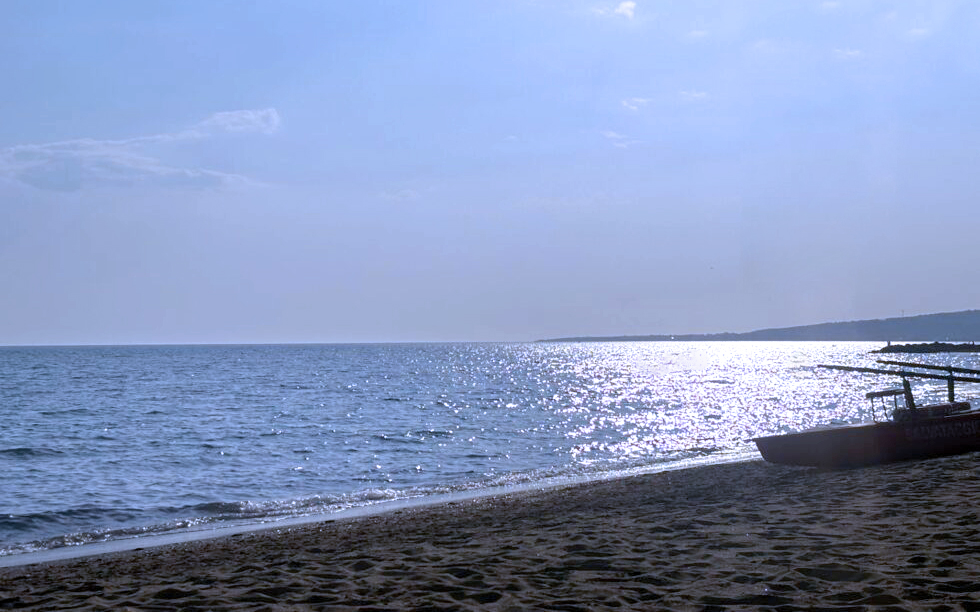While recognising the minimal socio-economic impact that extending the trawling ban in the Mediterranean from 1,000 to 800 metres would have on the deep-sea fishing sector, the Scientific Advisory Committee (SAC) did not express a clear opinion in favour of such a ban. This was the outcome of a meeting of the General Fisheries Commission for the Mediterranean (GFCM) held from 24-27 in Rome, after Mediterranean countries presented the results of pilot projects carried out in 2024.
For Nicolas Fournier, Campaign director for marine protection at Oceana in Europe “Oceana regrets that the GFCM Scientific Advisory Committee has failed to recommend an extension of the current bottom trawling ban in the Mediterranean Sea to below 800 metres depth, given the solid socio-economic evidence that trawling activity there is negligible.”
During the SAC meeting, pilot studies conducted by national scientific bodies in Egypt, France, Greece, Italy, Malta, Spain and Tunisia , demonstrated that extending the current fishing limit from 1,000 to 800 meters would have limited or no socio-economic impact on the fleet. The area between 800 and 1,000 metres covers approximately 100,000 km² in the Mediterranean, and its protection would represent a key step in the conservation of marine biodiversity, the protection of vulnerable ecosystems, and the recovery of species that are currently overexploited in some regions.
France, Italy and Spain established individual bans on bottom trawling at depths below 800 meters in some of their Mediterranean waters to benefit from a temporary increase in fishing days for their fleets, although Spain withdrew its ban shortly afterwards.
The European Commission, who recently announced a future Ocean Act by 2027, now has the opportunity to set an example by proposing to the GFCM to extend the deep-sea ban to all Mediteranean waters as a historic measure to restore healthy and resilient ocean ecosystems.
The next session of the General Fisheries Commission for the Mediterranean (GFCM) will take place in November in Málaga, at which time the GFCM could decide to adopt a decision on this measure.

